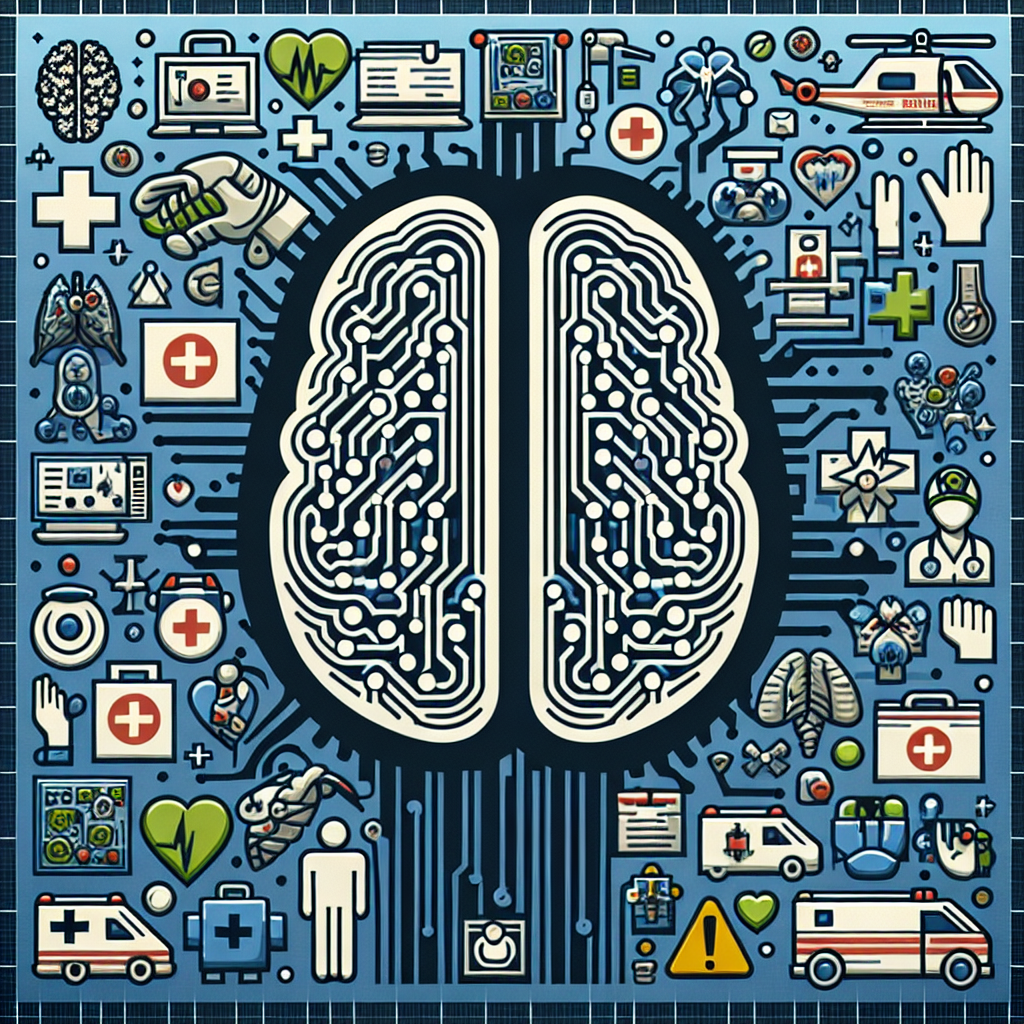In recent years, the use of artificial intelligence (AI) in disaster response and relief efforts has become increasingly prevalent. From predicting natural disasters to coordinating rescue operations, AI technologies have the potential to greatly improve the effectiveness and efficiency of disaster response efforts. However, the use of AI in this context also raises a number of ethical considerations that must be carefully considered in order to ensure that these technologies are used responsibly and ethically.
One of the key ethical considerations in the use of AI in disaster response is the potential for bias in the algorithms used to make decisions. AI algorithms are trained on historical data, which can often be biased or contain discriminatory patterns. If these biases are not identified and addressed, AI systems used in disaster response could inadvertently perpetuate existing inequalities and injustices. For example, a biased algorithm could prioritize the rescue of certain populations over others based on factors such as race or socioeconomic status.
Another ethical concern is the potential for AI systems to infringe on individuals’ privacy and autonomy. In the context of disaster response, AI technologies may be used to collect and analyze vast amounts of data, including sensitive personal information. It is crucial that measures are put in place to protect individuals’ privacy and ensure that their data is used responsibly and in accordance with ethical guidelines.
Additionally, there is a concern about the accountability and transparency of AI systems used in disaster response. AI algorithms can be complex and opaque, making it difficult to understand how decisions are being made and who is ultimately responsible for those decisions. In the event of a mistake or error, it may be challenging to determine who is at fault and how to hold them accountable.
Despite these ethical concerns, there are also many potential benefits to using AI in disaster response and relief efforts. AI technologies have the ability to process vast amounts of data quickly and accurately, enabling first responders to make more informed decisions in real-time. AI can also be used to predict and prevent disasters, as well as to coordinate rescue operations more effectively.
In order to address the ethical considerations surrounding the use of AI in disaster response, it is important to establish clear guidelines and regulations governing the use of these technologies. This includes ensuring that AI algorithms are regularly audited for bias and discrimination, implementing strict data protection measures, and promoting transparency and accountability in the use of AI systems.
Frequently Asked Questions:
Q: How can AI be used to predict natural disasters?
A: AI technologies can analyze data from various sources, such as satellite imagery, weather patterns, and seismic activity, to identify patterns and trends that may indicate an impending natural disaster. By using machine learning algorithms, AI can predict when and where disasters are likely to occur, allowing for early warning systems to be put in place.
Q: How can AI be used to coordinate rescue operations during a disaster?
A: AI technologies can be used to analyze real-time data, such as social media posts, emergency calls, and GPS coordinates, to identify areas that are in need of assistance. AI algorithms can then optimize the deployment of resources, such as rescue teams and supplies, to ensure that help reaches those who need it most quickly and efficiently.
Q: What are some potential ethical concerns surrounding the use of AI in disaster response?
A: Some potential ethical concerns include bias in AI algorithms, infringement on individuals’ privacy and autonomy, and lack of accountability and transparency in decision-making. It is important to address these concerns in order to ensure that AI technologies are used responsibly and ethically in disaster response efforts.

